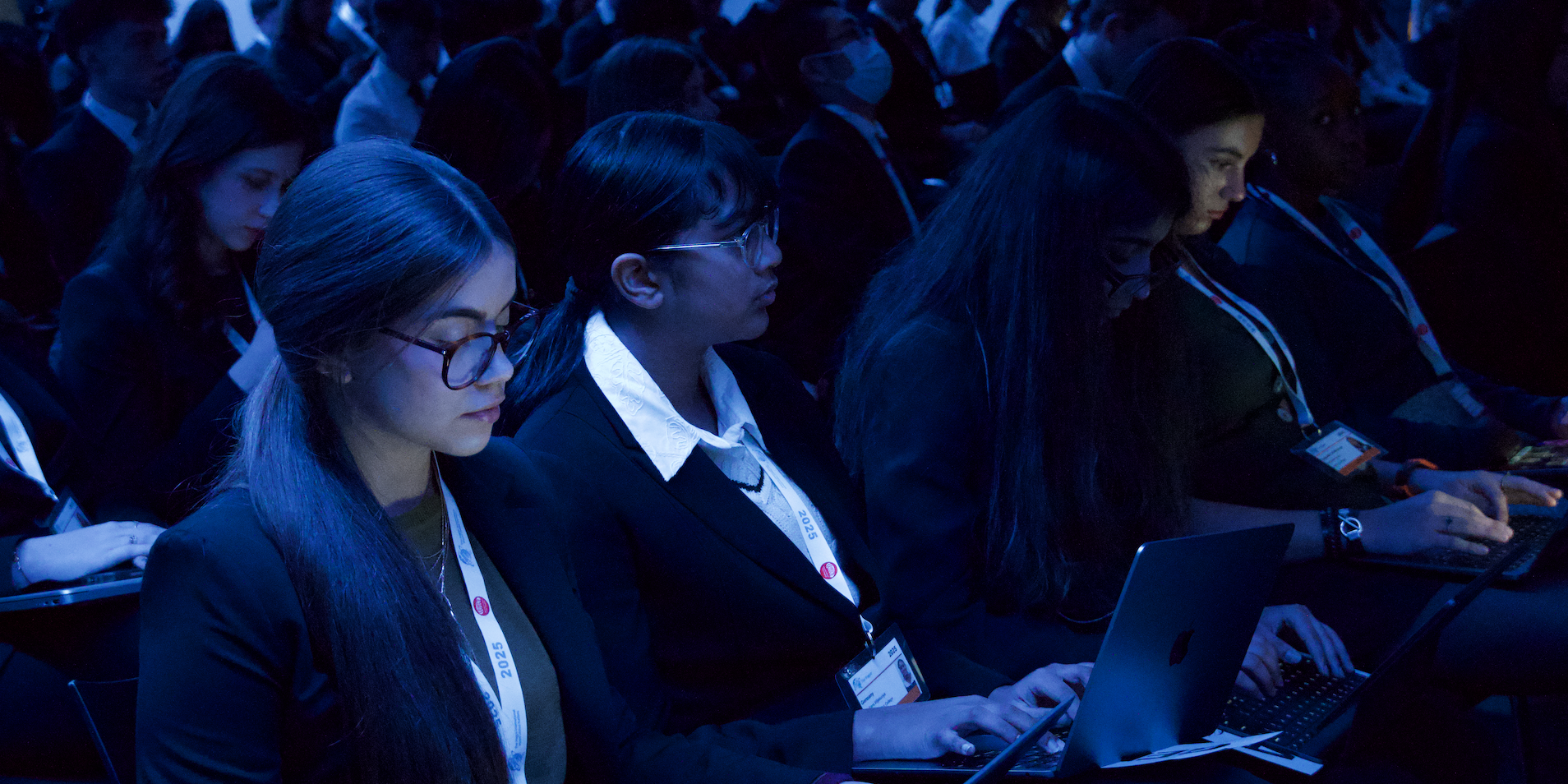From Sci-fi to Reality: Artificial Intelligence
By Allegra Baschiera
Photography by Lison Merlino and Linus Däubner
It all started with Tron
The journey of AI started with the internationally celebrated 1982 movie Tron–the movie series that inspired many children in the world. The revolutionary movie tells the story of a tech-savvy arcade-owner hacking into the main system of a video game company, only to find out that the system has been overthrown by a rogue AI system.
In the 1980s, children watching this movie were glued to the screen, mesmerized by the unusual plot and technology involved, as well as the futuristic and colorful setting of the story. The portrayal of AI as an enemy left a long-lasting impression on the millennial generation, which is represented in society’s response to integrating AI. But how did that change over time?
From evil to hero: A shift in perspective
Shifting forward to the 1990s, Luc Besson, an iconic French filmmaker, brought a change in the perspective of AI through his films–famously, The Fifth Element and Lucy–from evil to hero. The use of androids and robots was not to represent the enemy and the villains, but rather to show them as misunderstood characters of society, programmed by a population that was conditioned to hate them and use them as slaves. Over the years, as the portrayal of AI in cinema became more frequent and common, different roles of AI-powered characters were explored. Amongst them were their roles as companions. For example, the animated movie Big Hero 6 aimed to empathize with the younger generation, showing how sometimes humans can be more dangerous and evil than robots. In a society where it can often be hard to create meaningful friendships –especially during the past pandemic– the comfort that robots and androids brought to the movie protagonists during hardships, was essential in establishing a positive relationship with AI in our current society.
What now?
Cinema portraying AI, more than ever, does not only hold the purpose of being entertaining, but also lets us reflect on the possible implications of developing the technology or returning to an old-fashioned way of living. On one side, AI is essential for driving scientific research, stimulating education, and building relationships. It helps move society towards more accessible healthcare, increased connectedness, and personalized education adaptive to each student’s needs and aspirations. However, the possible uses of AI in malicious ways are still being debated.
Through the THIMUN conference, delegates and chairs will be able to debate various impacts that AI may have, some of which have been represented in cinematic pieces directed years ago. Some of the discussed sectors that AI could change include the monitoring of climate change, market manipulation in finance, cyber and terrorist efforts in conflict zones, and cinema production itself.








